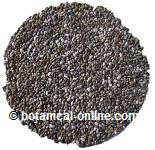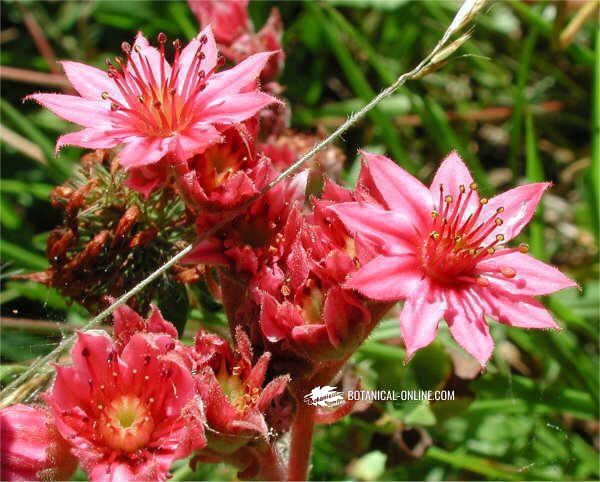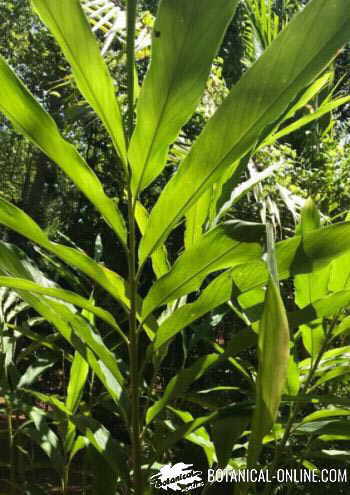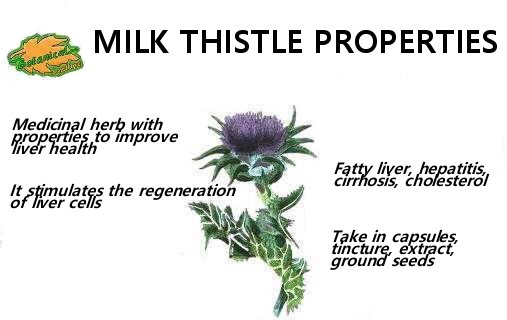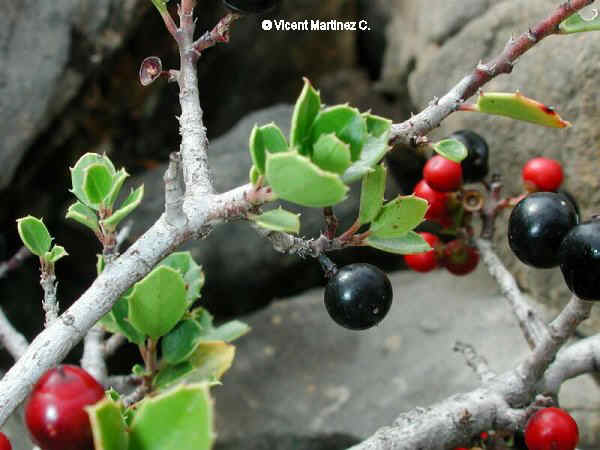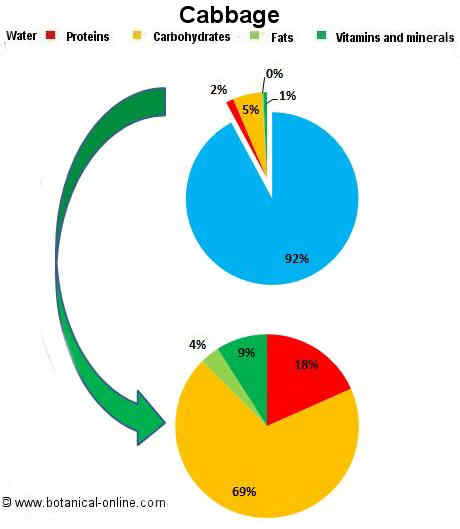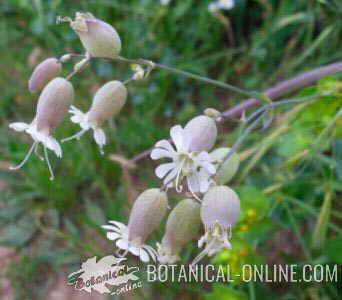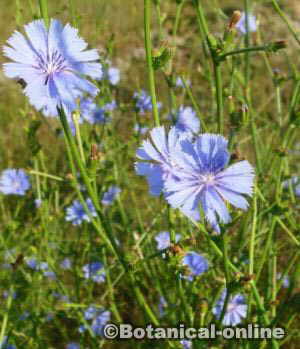What does chia contain?
The main components of chia and their health effects are:
- Carbohydrates
 : almost 50% of the seed are complex carbohydrates and fiber. Most fiber is soluble type, called mucilage, which has an outstanding water-holding capacity. This explains that, when chia is mixed with water, it increases its weight almost four times, forming a gel with water.
: almost 50% of the seed are complex carbohydrates and fiber. Most fiber is soluble type, called mucilage, which has an outstanding water-holding capacity. This explains that, when chia is mixed with water, it increases its weight almost four times, forming a gel with water.
This gel in the stomach is a “natural barrier” between the digestive juices and food, causing it to absorb more slowly. So chia seeds are highly recommended for people with diabetes to help control glucose spikes through a proper diet for diabetes and a supply of fiber from which chia facilitates the slow absorption of these sugars and carbohydrates.
This slow uptake can also be beneficial in diets for athletes, because many studies suggest that endurance athletes are benefiting from the consumption of chia due to the regulation exerted by the fiber on the absorption of sugars during 90 minutes of exercise.
This fiber also helps improve the speed of intestinal transit, thus preventing constipation and as a remedy for it.
Proteins and fats of chia seeds
- Protein: Chia seed is high in protein. Compared with other cereals such as rice (8g/100g) or corn (9.42 g/100g), chia has a higher protein content of 16.62 g per 100g of food. Among the proteins it contains the amino acid lysine, an amino acid that is not present in all cereals. Besides, chia seeds do not contain gluten, so they are suitable for coeliacs diet.
- Fats: together with flax (Linum usitatissimum) chia is the plant species with most omega3. The content of Omega 3 seed makes it a very healthy for people with vascular problems and cholesterol.
- Fiber: Chia contains 38g of fiber per 100g of food, being relevant the amount of soluble fiber contained in the seeds already mentioned in the section on carbohydrates.
- Vitamins: Like other oil seeds, chia is naturally rich in vitamin E, a natural antioxidant in fats. It also has a considerable contribution of niacin and folic acid, important nutrients in pregnancy.
- Minerals: We must mainly emphasize its calcium content, making it an important seed in the prevention of osteoporosis in all stages of life. It is a seed rich in zinc, an antioxidant mineral. It also contains some trace elements such as copper and manganese.
- Phytosterols: betasitosterol.
- Acids: chlorogenic acid, caffeic acid.
- Flavonols: kaempferol, myricetin, quercetin.
| Composition of chia seeds per 100g | |
| Nutrient | Content |
| Calories (Kcal) | 472 |
| Carbohydrates (g) | 47,87 |
| Proteins (g) | 16,62 |
| Fats (g) | 26,25 |
| from whom, saturated (g) | 10,54 |
| from whom, mono-unsaturated (g) | 7,26 |
| from whom, poly-unsaturated (g) | 7,28 |
| Fiber (g) | 38 |
| Vitamin B1 or thiamin (mg) | 0,87 |
| Vitamin B2 or riboflavin (mg) | 0,17 |
| Vitamin B3 or niacin (mg) | 5,82 |
| Vitamin B5 or pantothenic acid (mg) | 0,94 |
| Vitamin B9 o folic acid (mcg) | 114 |
| Vitamin C (mg) | 15,7 |
| Vitamin A (UI) | 36 |
| Calcium (mg) | 529 |
| Magnesium (mg) | 77 |
| Phosphorus (mg) | 604 |
| Potassium (mg) | 1031 |
| Sodium (mg) | 39 |
| Zinc (mg) | 5,32 |
| Copper (mg) | 1,66 |
| Manganese (mg) | 1,36 |
![]() More information about chia.
More information about chia.

